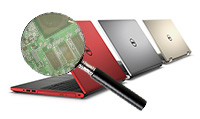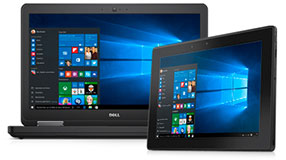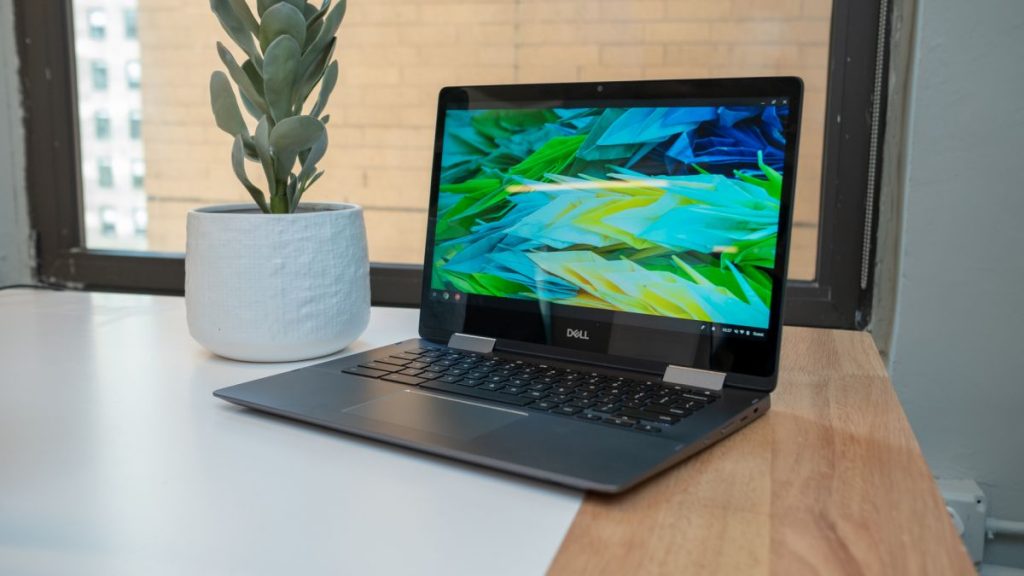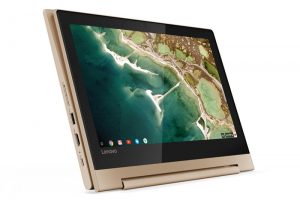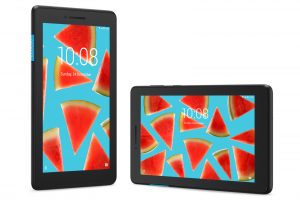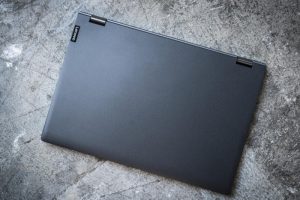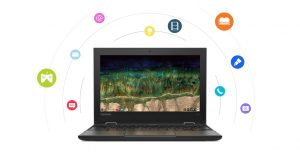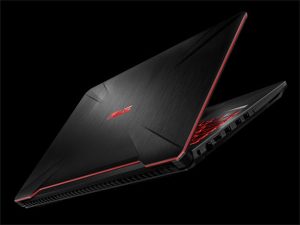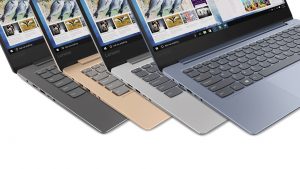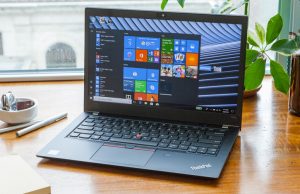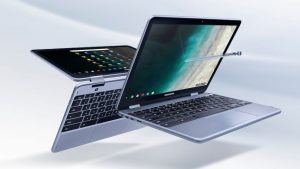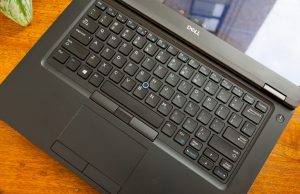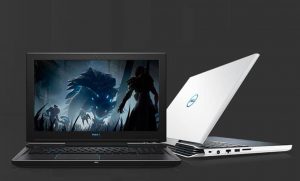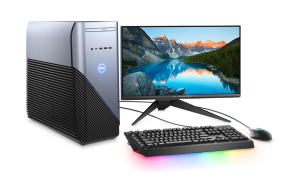Anyone remember hearing about Google Fiber being announced as crazy affordable and fast Gigabit internet coming to Austin and other cities? AT&T just announced that they too, will be offer the ultra high speed internet service in our Parts People home town! If you don't already know, this kind of service means speeds up to a Gigabit per second, 100 times faster than average broadband in US. Very exciting that this will soon be an option for cities, but there is a downside. With both AT&T and Google it is up to them to decide actually where they can deploy their own service. This means they may leave out many neighborhoods, ruling out the poor and rural areas. This could create a wider gap in the digital divide in Austin and across the country if the same neighborhood picking tactics are used.
A new pair of smart glasses are in the making. A visor, paired with some neat Google Glass like spectacles, has the ability to translate foreign signs and menus with a head mounted AR gadget was recently shown at a showcase even in Japan. I shouldn't have said Google Glasses, because they most definitely are not those, however the idea is similar. When you put on the spectacles, it enables instant language translation for users traveling abroad who need to read menus or other documents. They are connected to cloud, where Japanese, Chinese, Korean and English languages are available to be translated. By overlaying the the user’s first language onto unfamiliar text, it instantly becomes a translated and understandable menu or sign. The invention becomes especially useful for those who travel beyond the most touristy points of Japan (or another country) where foreign-language menus and other documents are rarely found. Also, don’t sweat it if you pull the infamous “I cannot believe I forgot their name! I met them twice!” phenomenon. These glasses use facial recognition to pull up details of a person in view by request; including job information and name, all by using smart phone servers.
John McAfee, known for the anti-virus software recently revealed details on his upcoming 100 dollar gadget that will block the NSA from your internet activity. Dubbed “D-Central”, the gadget serves to communicate with tablets, smart phones and laptops as a way to decentralize networks so they are incapable of being accessed by government entities. Apparently, he has been working on this for a few years, far before whistle blowers spoke and documents were exposed. Effectively, it will work by creating small, local-area private networks, where communication and sharing is completely anonymous. Described almost as “a dark web”, it is like another layer to the Internet, a lower and very private layer. By decentralizing networks you are essentially using floating and moving local networks within a range of about three blocks. This does in fact mean that your network will constantly be changing, but that is how every uplink and downlink become antonymous. In McAfee’s eyes, , another reason to love this involves the discussion of college students. As stated during the convention, “I cannot imagine any college student not standing in line to buy one of these”. He says kids can download all the movies and music they want. Lastly, he intends to continue selling D-Central even if (WHEN) it becomes banned in the US. He will just sell it in other countries.
Finally, in this week's What The Tech I introduced a 3D printed toothbrush that says it can clean your teeth in 6 seconds, Monsieur, a robotic smart bartender, and the recent drug website SilkRoad.com shutdown.

 Laptop & Tablet Parts
Laptop & Tablet Parts